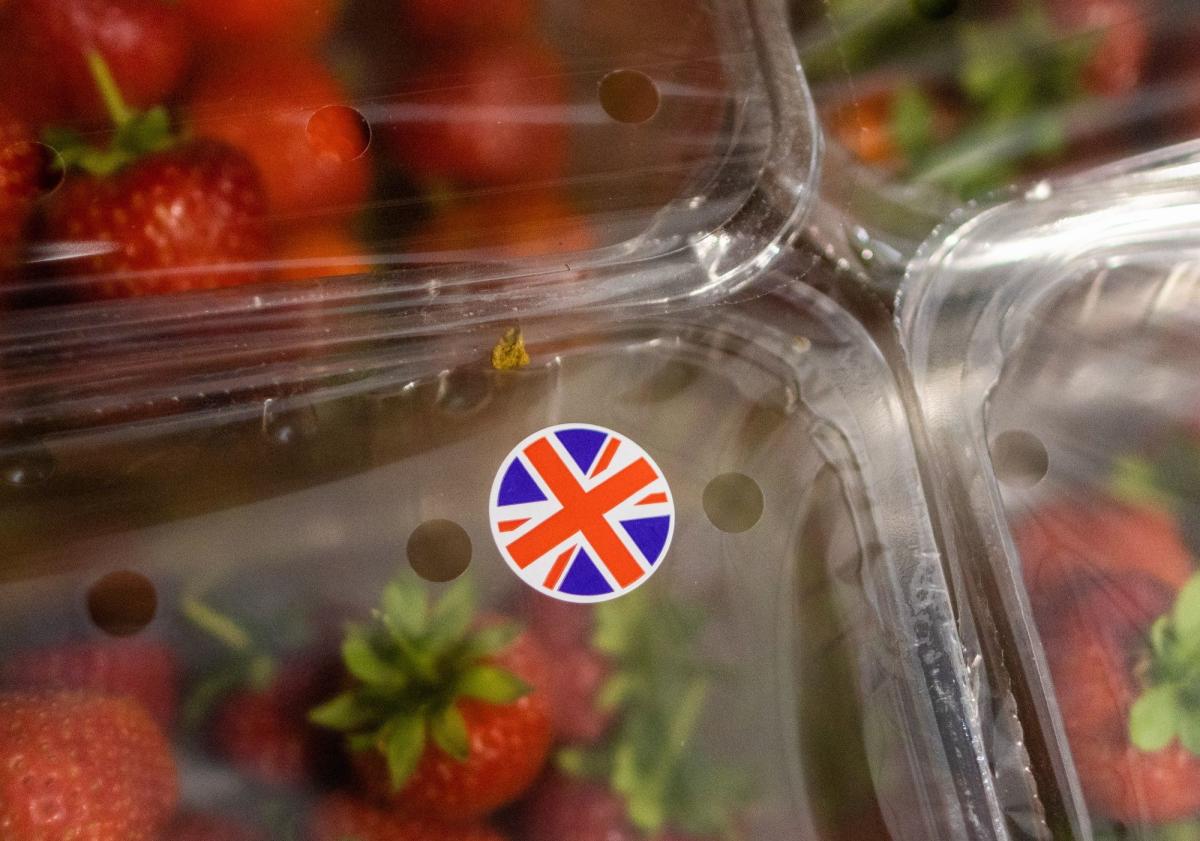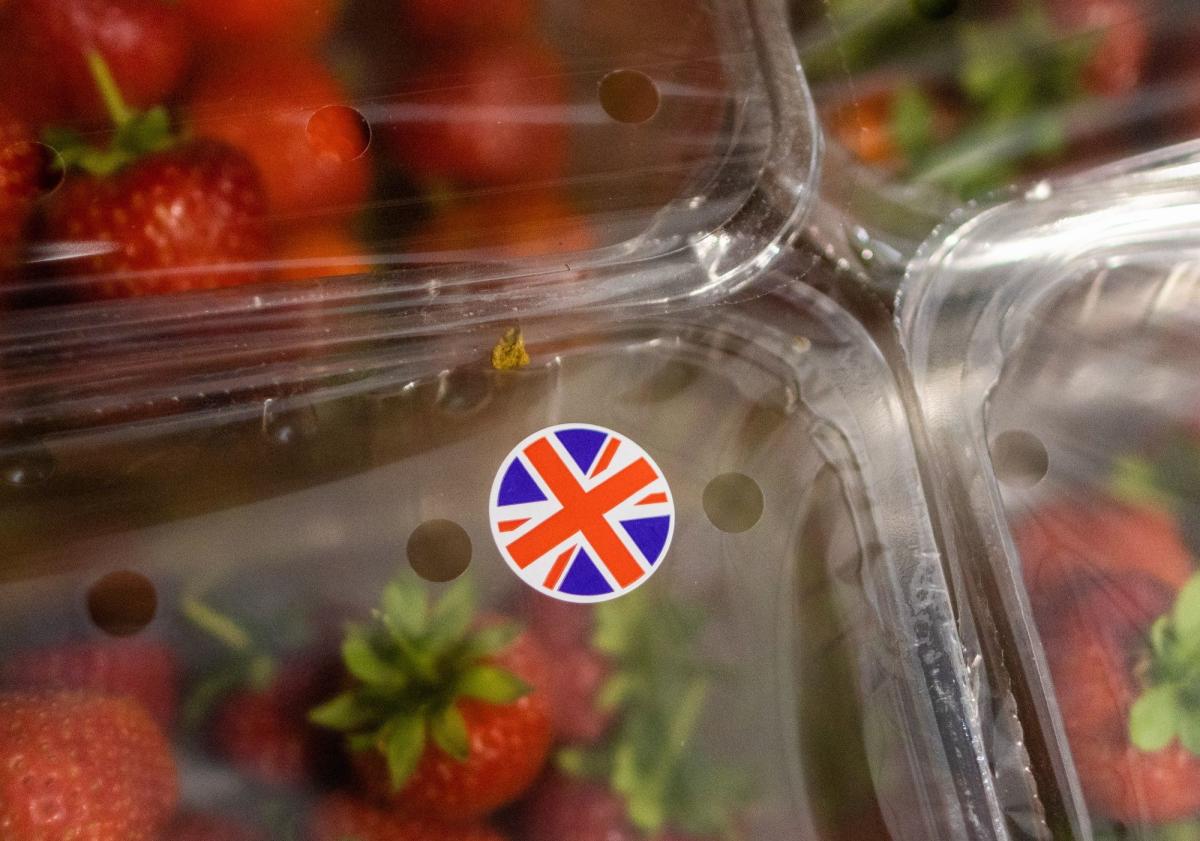
(Bloomberg) — The UK delayed the roll-out of new post-Brexit product safety marking in order to stave off extra costs for companies that are already under pressure due to rising inflation and expected tax rises.
Most Read from Bloomberg
The UK will continue to recognize for another two years the European Union’s marking system, which businesses use to prove their products follow the bloc’s health, safety and environmental regulations, Business Secretary Grant Shapps said on Monday. Companies now have until Dec. 31, 2024 to show their products comply with Britain’s new rules by displaying the UK Conformity Assessed marking.
By giving extra leeway to companies, the government is trying to avoid extra burdens for firms operating in the UK when double-digit inflation is already weighing on them and corporation tax is set to rocket to 25% from 19% next year. The new requirement would particularly affect firms selling into both the British and EU markets, because they’ll need to show they comply with both sets of regulations. Shapps also announced a review of the wider product safety framework.
“This move will give businesses the breathing space and flexibility they need at this crucial time and ensure that our future system for product safety marking is fit for purpose,” Shapps said in a statement.
As well as the already-announced rise in corporation tax, the Telegraph reported that Chancellor of the Exchequer Jeremy Hunt is preparing to freeze the £85,000 ($100,000) revenue threshold at which businesses must register to pay value-added tax until 2026, instead of raising it in line with inflation. The move would mean that thousands more firms pay the tax for the first time.
What to Expect in UK Chancellor’s Plan to Fix Fiscal Hole
The delay to the implementation of the UK’s product marking is not the only post-Brexit measure the government has pushed back after conceding it would add costs for businesses. Earlier this year, the government delayed the introduction of planned checks on imports from the EU for the fourth time, until the end of next year. It concluded that the checks would cost importers at least £1 billion in annual costs.
Most Read from Bloomberg Businessweek
©2022 Bloomberg L.P.




